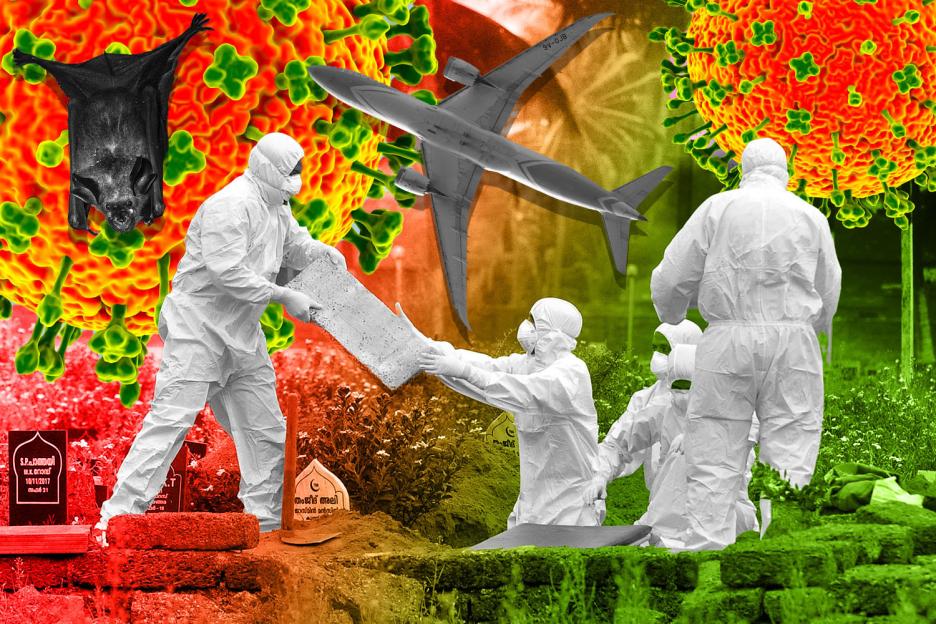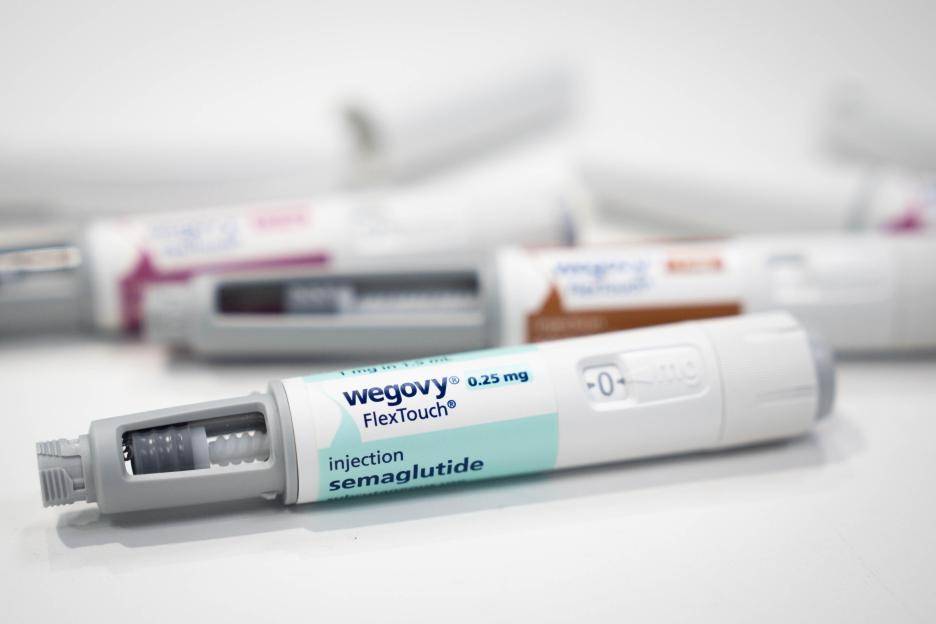WHEN Tommy Verbickas “kept being sick” doctors repeatedly turned him away saying it was just “viral”.
It wasn’t until an alarming sign appeared in his nappy one day that Tommy underwent an urgent scan and his was revealed.
 Tommy Verbickas was initially told by doctors his symptoms were just a virus
Tommy Verbickas was initially told by doctors his symptoms were just a virus
 His mum Rebecca believes they visited the GP at least four times and went to hospital twice and still didn’t get diagnosed
His mum Rebecca believes they visited the GP at least four times and went to hospital twice and still didn’t get diagnosed
 Tommy was eventually diagnosed with Wilms’ tumour at the age of two
Tommy was eventually diagnosed with Wilms’ tumour at the age of two
Tommy, from Sale, Greater , was just two years old when he was diagnosed with Wilms’ tumour, a type of , in February 2022.
He underwent , surgery and countless hospital visits, and rang the end-of-treatment bell in 2022, with his parents, Rebecca and Darius, believing “that chapter was closed”.
However, Tommy has since relapsed twice and is now facing cancer for a third time – and Rebecca, 37, who works in customer service, and Darius, 46, an HGV driver, have been told his “chance of cure is now low”.
In the months prior to his diagnosis, in 2021, Tommy began experiencing regular high temperatures, weight loss, constipation and his testicles were swollen.
But every time Rebecca, 37, took him to the she claims they were sent away and told “it’s viral”.
She believes they visited the GP at least four times and went to hospital twice – and she said “it still didn’t get diagnosed”.
In February 2022, Rebecca phoned 111 for further advice and a doctor visited their home, arranging for Tommy to give a urine sample and have his bloods taken.
Rebecca explained: “She just said, ‘There’s something going on, I don’t know what it is’, and, obviously, I didn’t question it.”
While waiting for a blood test, which Rebecca said “the GP didn’t follow up on”, Tommy started to improve – but less than two weeks later, Rebecca’s mum, who was looking after him, noticed blood in his nappy.
After asking the GP for Tommy’s medical notes, they rushed him to A&E, and Rebecca said this is when she first saw cancer mentioned in the notes as suspected “leukaemia or myeloma”.
An urgent scan then revealed on February 24 that Tommy had a 2.3kg mass on his left kidney, and he was transferred to the Royal Manchester Children’s Hospital.
Tommy soon started chemotherapy and doctors told Rebecca he had “a good chance” of reaching remission, but she found the diagnosis “very hard”.
“When I first walked on to the oncology ward, I just completely broke down,” she explained.
“You don’t ever think you’re going to be put in that situation…but doctors said there was a 95 per cent chance of it not coming back on this treatment and he should go on to live life.”
‘Tommy rang the end-of-treatment bell…we truly believed that chapter was closed’
After undergoing 38 weeks of chemotherapy, eight sessions of proton beam therapy and “an eight-hour surgery” to remove his left kidney, Rebecca said he was like “a different child” and started recovering.
He rang the end-of-treatment bell in November 2022, and Rebecca said they “truly believed that chapter was closed” as scans showed no evidence of disease.
Tommy started nursery again and was “getting stronger every day”, but during one of his maintenance scans in September 2023, doctors told Rebecca the cancer had returned in his lungs.
“I remember coming home that day and he was playing on his scooter, and I thought, ‘How have we just been told that it’s come back?’,” she said.
“But again, it was very positive, because he hadn’t had a lot of treatment the first time, so they were saying he can still do this, he’s got a good 70 per cent, 75 per cent chance that it won’t come back.”
Rebecca said he “reacted well” to the chemotherapy, although he did lose his , eyebrows and eyelashes, and he underwent two surgeries to remove the cancerous tissue in his lungs, along with radiotherapy.
‘Heartbroken and devastated’
In August 2024, Rebecca and dad Darius, 46, were told there was no evidence of disease again.
However, in May 2025, less than a year later, Rebecca said they were given “news no parent ever wants to hear” – that Tommy had relapsed for the second time, aged five.
Scans revealed the cancer was “extensive” in his left lung and the couple were informed the “chance of cure is now low”.
Rebecca said they were “so hopeful the second time”, so this news left her “heartbroken and devastated”.
“I felt like there was no point. All I wanted to do was stay in bed,” Rebecca said.
“But a friend text me and said, ‘Just live in the moment today’, and I do that all the time.
“Tommy just gets on with everything that’s thrown at him… what he is doing is just amazing.”
At the time (of his first diagnosis), one of the play specialists said, ‘If you’re going to get cancer, this is the best cancer to get. Now, looking back, I just think, how can she say that?
Rebecca Verbickas
Tommy has been going through “more intense chemotherapy” and is responding well to treatment, and he will soon start “high-dose” chemotherapy from October.
However, after these chemotherapies, Rebecca said the family were dealt another blow – they were told “there are no treatments left on the NHS”.
With local treatment options being limited, the couple are now for “clinical trials and innovative therapies not available through the NHS” to give him the best chance to “get better and win this”.
“At the time (of his first diagnosis), one of the play specialists said, ‘If you’re going to get cancer, this is the best cancer to get’,” Rebecca said.
“Now, looking back, I just think, how can she say that?
“I’ve never had that time to grieve and process it, because it’s always been so constant, and the question I’m asked the most is: ‘How do you do it?’
“I have no choice. I have no choice but to carry on and be the strongest version for him.
“It’s him that drives me, he’s my inspiration, he’s my superhero.”
 Tommy with his dad, Darius
Tommy with his dad, Darius
 In 2022 Tommy rang the end-of-treatment bell
In 2022 Tommy rang the end-of-treatment bell
 But in 2023, the family were told the cancer had returned in his lungs
But in 2023, the family were told the cancer had returned in his lungs
 There are no treatments left on the NHS for Tommy, so the family are now fundraising for alternative clinical trials and innovative therapies
There are no treatments left on the NHS for Tommy, so the family are now fundraising for alternative clinical trials and innovative therapies
Rebecca describes Tommy as an active, cheeky and smiley six-year-old boy, who loves , dancing and playing with his four siblings.
She said his diagnoses have taught her not to “take the little things for granted” and she is urging other parents to advocate for their child and “demand” answers when it comes to their .
The couple have launched a JustGiving page to raise £300,000 to give Tommy “the best possible chance of beating this”, where the funds would be used for travel and relocation, food, visas and more.
Speaking about how much raising the funds would mean to her, she added: “Everyone who has donated and is doing their own fundraising, they’re just incredible.
“Knowing that people you’ve never met are giving him a chance of life and surviving this, there are no words that would explain what that would do for us, for Tommy, the family, everyone.
“It would be incredible because no-one should have to fight for their life like this.”
Pascale Harvie, president and general manager of JustGiving, said: “Tommy’s journey is a powerful testament to courage and resilience.
“His family’s unwavering commitment to sharing his story and seeking every possible avenue for treatment not only highlights the realities faced by so many others, but also brings hope and awareness to a wider audience.”
To find out more, visit the fundraising page at justgiving.com/crowdfunding/tommysjourney- or visit his Instagram page @tommys_journey__ .
What is Wilm's tumour?
Wilms’ tumour is a type of kidney cancer that was named after Dr Max Wilms, who first described it.
It’s thought to come from very specialised cells in the embryo known as metanephric blastema.
These cells are involved in the development of the child’s kidneys while they are in the womb.
The cells usually disappear at birth, but in many children with Wilms’ tumour, clusters of primitive kidneys cells, called nephrogenic rests can still be found.
In most children, the causes of Wilms’ tumour are unknown.
The most common symptom is a swollen abdomen, which is usually painless.
Sometimes a parent or carer may feel a lump in the abdomen which can be quite large.
Occasionally, the tumour may bleed slightly and this can irritate the kidney and may be painful.
There may be blood in your child’s urine (pee), or their blood pressure may be raised.
The child may also have a high temperature (fever), upset stomach, weight loss or a lack of appetite.
The outlook for Wilms tumor is very good, with a survival rate exceeding 90 per cent in high-income countries, as most affected children are cured.
However, the prognosis can vary depending on factors like tumour stage, presence of unfavourable histology or molecular features, and whether the cancer has spread or recurred.
Source: NHS






